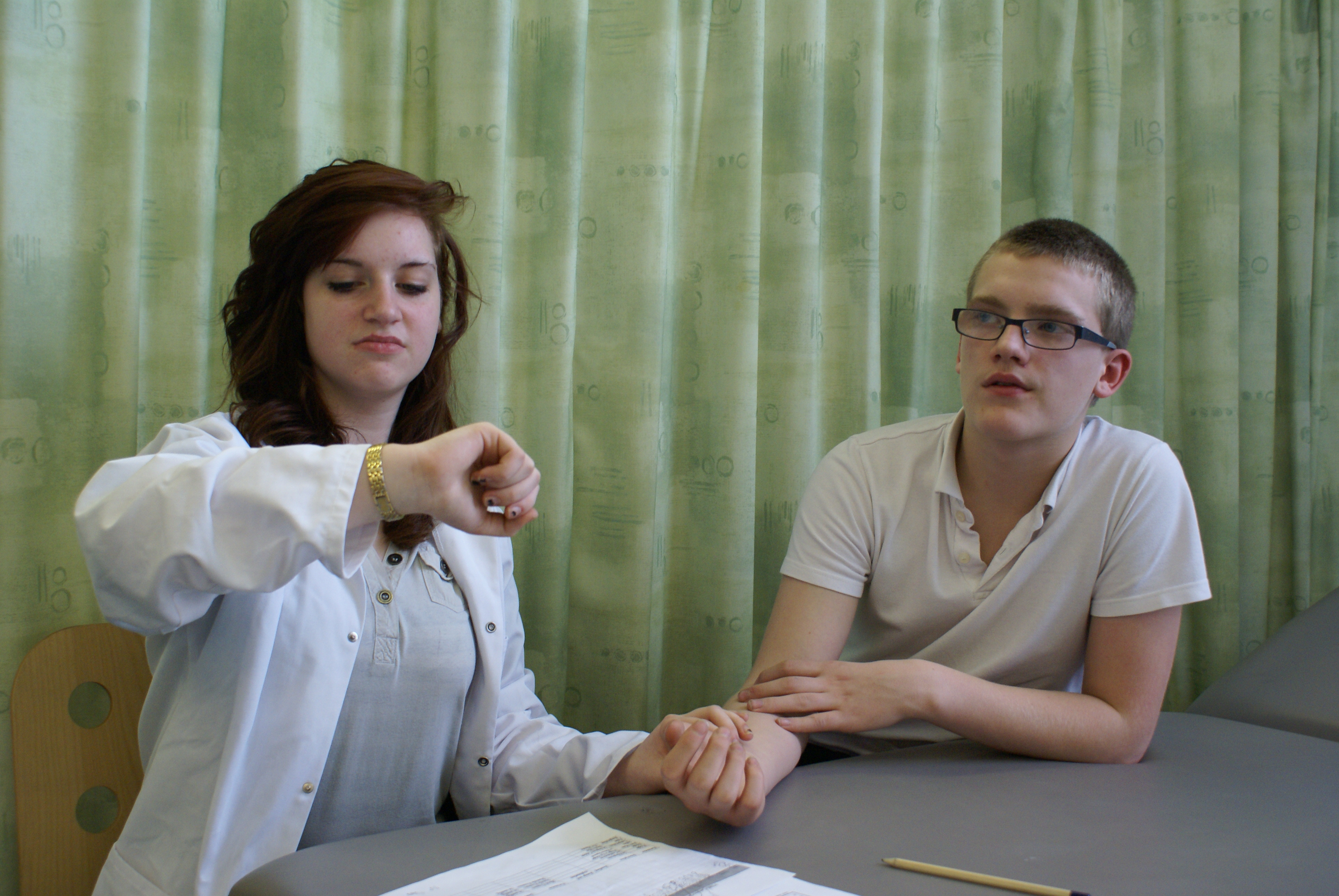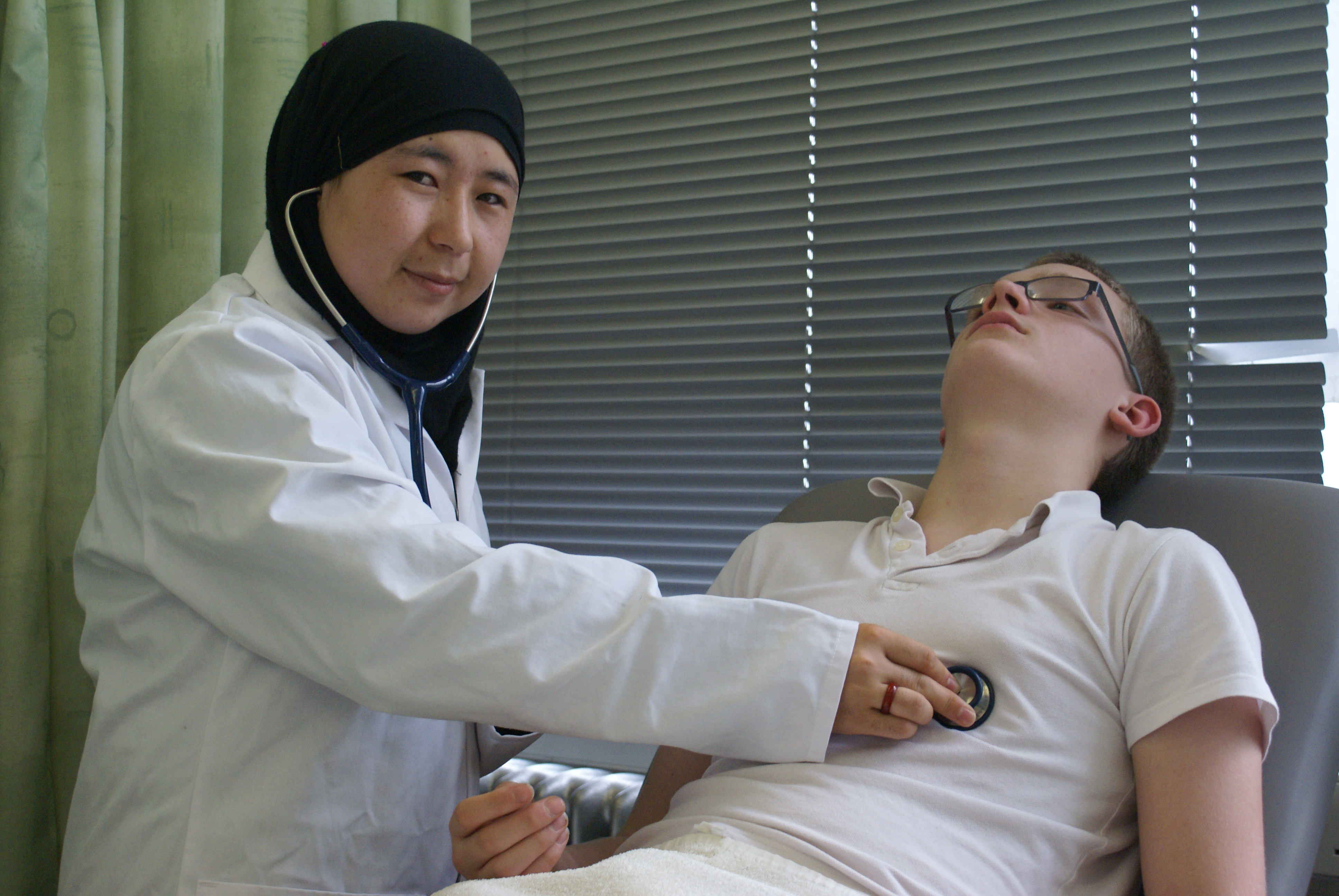Dr. Omara’s Matrix Of Clinical Decisions And Telehealth Database Management Systems [A medical expert Interrelational database management system

Dr John Omara at VICTA first prototype (1981), at the hospital basement of Ndola Central Hospital located on the Copperbelt Province of Zambia.
Dr John Omara at VICTA first prototype (1981), at the hospital basement of Ndola Central Hospital located on the Copperbelt Province of Zambia.
Applications: A
Patient database and clinical decision support system B. Health personnel training support
Patient database and clinical decision support system
- Patient clinical data capture
- Patient case file archiving
- Patient diagnosis decision support
- Patient management decision support
Health personnel training support
- Health personnel training database
- Health-worker education by distance learning
- Research in health
A computer system which enables medical students to practise diagnosing and managing patients in simulations using real patient data is being developed in an interdepartmental collaborative project between Leicester Medical School and the Computer Science Department at the University of Leicester.
The software development, led by Professor Reiko Heckel in collaboration with Dr. John Barry Omara, will improve supervision of medical students during their clinical placements and provide feedback on their diagnoses and treatment choices through a web-based medical decision support system.
The way it is designed to work is that in simulated context, medical students will talk to patients and put the clinical symptoms signs and laboratory or radiological data into the system, which then makes suggestions as to possible diagnoses. As a Teaching-Learning support tool, the students then have to interpret these suggestions and give reasons for their conclusions.
It grew out of an idea from Dr John Omara, part-time lecturer at the School of Medicine, to improve health care in rural areas of Africa, and has evolved through a number of past and on-going projects by Computer Science students. In its present form as a training tool for medical students, it will not be used to treat hospital patients.
The ‘Virtual Teaching Hospital System’ project, demonstrated to Her Majesty the Queen on her recent visit to the University, is carried out in cooperation with Dr Omara and in consultation with the Department of Medical and Social Care Education.
Those who met the Queen included the group of Computer Science students who won the BEA Systems Award for the best second year project, namely Mayur Bapodra, Jung-Ming Chong, John Pickering, and Dumisani Papaya, as well as postgraduate student Adwoa Donyina, who continued this work in her MSc project and is now doing her PhD at the Department.
Adwoa Donyina commented: “The teaching system will assist medical students in rehearsing the problem solving process and help decide what patient information is needed to determine a possible diagnosis and management, while combing the knowledge of the patient’s history. This expert system will provide guidance and direction with the evolving notion of what might support or refute the diagnosis.”
Professor Heckel added: “This is an on-going series of group projects for second-year Computer Science students. Five groups of 6-8 students each work on the project for one term. We are about to begin another round of group projects this winter to extend and improve the system and we will carry on offering it as an option to our students as long as there is a significant amount of work to do on it.
“All the groups work on the same project and at the end of the term we choose the best solution. That way, there is a good chance of getting results of a high quality.”
Dr. John Omara said: “The project, when implemented, will make it easier to explain and teach the complex process involved in making clinical diagnosis (The Clinical Thinking Process).”
Dr Jonathan Hales, Department of Medical and Social Care Education, added: “The value of the system lies in the way the VTHS can be used by medical students to explore ‘what if’ scenarios – i.e. ‘what if this same patient presented with the same symptoms and signs but also with a temperature (or, ‘but without the abdominal pain)?’ . The value of the system does not therefore lie solely in its ability to come up with useful differential diagnoses, but in its educational capacity, when used by a thoughtful, questioning, exploratory student.”
Notes to Editors: For more information on this please contact:
Professor Reiko Heckel, Email: reiko@mcs.le.ac.uk, Tel: 0116 252 3406.
Adwoa Donyina, Email: add7@le.ac.uk, Tel: tel 0116 252 5122
Dr.John Barry Omara MD, Email: jbo3@le.ac.uk or drjohnomara@yahoo.co.uk, Tel: 0116 287 2271


